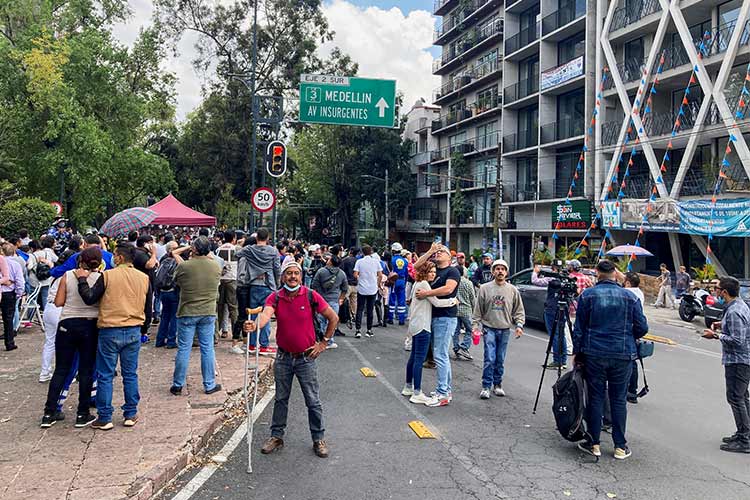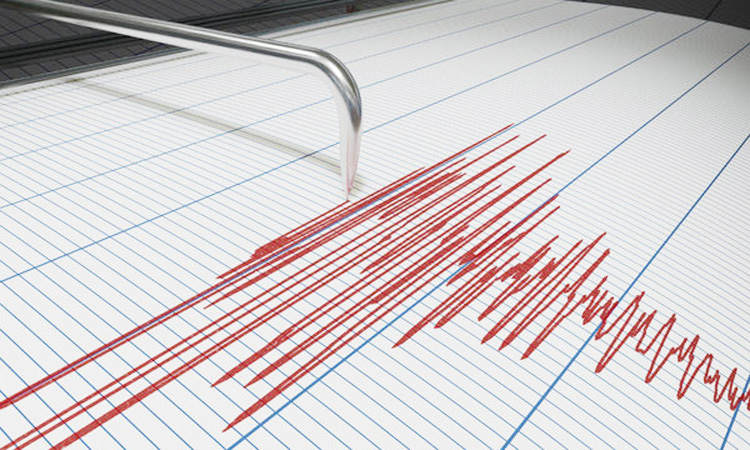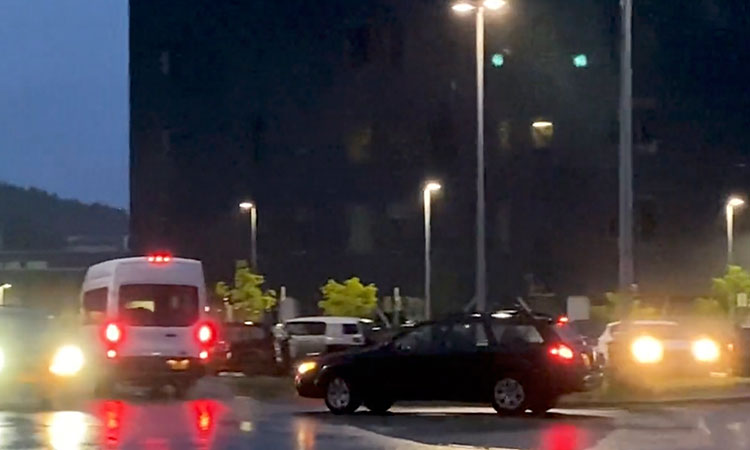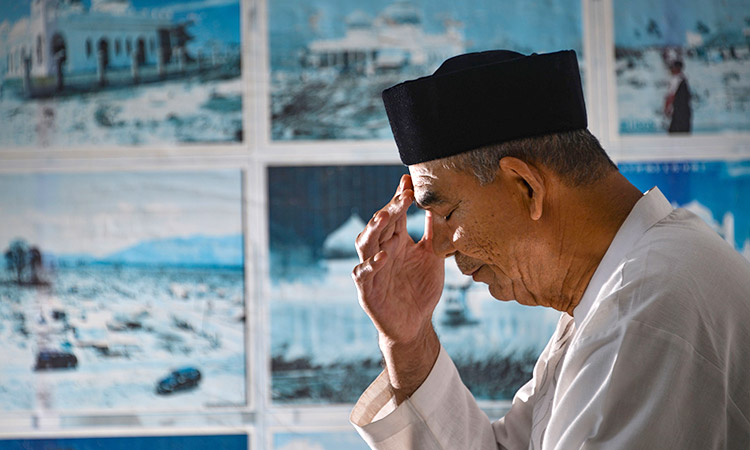Move to make communities tsunami ready

Photo has been used for illustrative purpose.
One such initiative is the ‘Tsunami Ready’ recognition given to the first communities in the Indian Ocean region: Venkatraipur and Noliasahi villages in Odisha State, India, by UNESCO’s Intergovernmental Oceanographic Commission (IOC). The certification recognises the two communities’ success at organising and completing collaborative tsunami preparedness initiatives involving community leaders, national and local emergency management agencies, and citizen groups.
Indian Meteorological Department data shows that close to 7000 people had lost their lives in the Erasama Block, which includes the Noliasahi village. This was one of the blocks that was worst hit by the 1999 Super Cyclone. Odisha state overall saw close to 10,000 deaths, in the 1999 cyclone.
The Tsunami Risk Reduction Plans of Venkatraipur and Noliasahi villages included resource planning, resource mapping, vulnerability and disaster mapping. The plans have details of households which host the elderly, differently-abled, children, widows, single women headed households and others that need higher attention during disasters. The training to the villagers was given by the Odisha State Disaster Management Authority.
To monitor and implement UNESCO’s ‘Tsunami Ready’ programme, the Indian government established a National Board through the help of the Ministry of Earth Sciences. The National Board, after the verification of the implementation of the indicators at those villages as per guidelines, decided to recognise them nationally and recommended them to UNESCO-IOC for the recognition. Based on the National Board recommendations, UNESCO-IOC approved the recognition of two communities, Venkatraipur and Noliasahi, as Tsunami Ready Communities.
“With this recognition, India is the first country to implement Tsunami Ready in the Indian Ocean Region and Odisha is the first state,” said a statement from the INCOIS, a constituent body of the Ministry of Earth Sciences.
As explained by UNESCO, ‘Tsunami Ready’ recognition is achieved through satisfying multiple initiatives. These include conducting a community tsunami-risk reduction programme, designation and mapping of tsunami hazard zones, public display of tsunami information, easily understood tsunami evacuation maps, outreach and public education materials, participation in mock drills, community emergency plans, and the presence of reliable 24-hour early warning system.
Collectively, the ‘Tsunami Ready’ certification check-list aims to improve tsunami preparedness in coastal communities, to minimise the loss of life and property, and to ensure a structural and systematic approach to building community preparedness.
The Tsunami Ready Programme is administered by the IOC through its Intergovernmental Coordination Group for the Indian Ocean Tsunami Warning and Mitigation System (IOTWMS). In order to promote Tsunami Ready piloting, the Indian Ocean Tsunami Information Centre (IOTIC), together with the IOTWMS Secretariat, developed regional guidelines and conducted four regional Trainings on Tsunami Emergency Maps, Plans and Procedures involving 22 Indian Ocean Member States.
A UNESCO press release highlighted the need to stay prepared and stressed that other communities should follow suit too. Addressing the new Tsunami Ready communities, Ardito Kodijat (Head of the IOTIC) emphasised the importance of taking the Tsunami Ready certification as a continuous process. “This recognition is an achievement, but not the ending, it is a start of new responsibility to continue to be prepared and be example to the others,” he explained.
Srinivasa Kumar Tummala, Head of the IOTWMS Secretariat, insisted on the potential for scaling up Tsunami Ready recognition in the region: “Venkatraipur and Noliasahi achieved the distinction of becoming first in the Indian Ocean to become Tsunami Ready, and we hope this recognition by UNESCO-IOC will catalyze wider implementation in other communities in India and the wider Indian Ocean region.”
Authorities have encouraged wider adaption of this programme for enhancing the safety of all vulnerable communities from coastal hazards.
“Odisha State is motivated to make all 326 villages and urban local bodies Tsunami Ready in one-year’s time”, Managing Director P.K. Jena of Odisha State Disaster Management Authority, was reported as saying. Coastal communities in other Indian Ocean Member States have also expressed interest in preparing for future tsunami events by fulfilling the Tsunami Ready indicators.
The Tsunami Ready Programme is a key contribution by the IOC to the United Nations Decade of Ocean Science for Sustainable Development, set to officially begin on 1 January 2021, and which aims to build capacities of countries, communities and citizens to reduce and appropriately respond to the risk posed by tsunamis and other ocean-related hazards.







